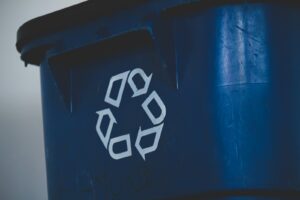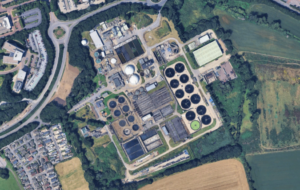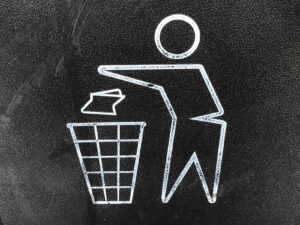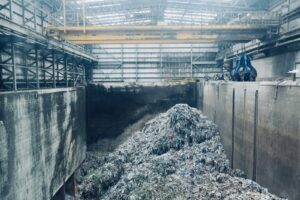Humans could be ingesting five grams of plastic every week because of polluted water, according to a new study.
No Plastic in Nature: Assessing Plastic Ingestion from Nature to People combines data from over 50 studies on the ingestion of microplastics by people and researchers say the findings are an important step towards understanding the impact of plastic pollution on humans.
The study, which was commissioned by the WWF and carried out by University of Newcastle, Australia, suggests people are consuming about 2000 tiny pieces of plastic every week. That’s approximately 21 grams a month, just over 250 grams a year.
The largest source of plastic ingestion is drinking water with plastic found in water (groundwater, surface water, tap water and bottled water) all over the world found to be containing microplastics.
Another key source is shellfish, accounting for as much as 0.5 grams a week. This comes from the fact that shellfish are eaten whole, including their digestive system, after a life in plastic polluted seas.
‘These findings must serve as a wake-up call to governments,’ said Marco Lambertini, WWF International Director General.
‘Not only are plastics polluting our oceans and waterways and killing marine life – it’s in all of us and we can’t escape consuming plastics. Global action is urgent and essential to tackling this crisis.’
‘While research is investigating potential negative effects of plastic on human health, we are all clear that this is a worldwide problem that can only be solved by addressing the root cause of plastic pollution. If we don’t want plastic in our bodies, we need to stop the millions of tons of plastic that continue leaking into nature every year.
‘In order to tackle the plastic crisis, we need urgent action at government, business and consumer levels, and a global treaty with global targets to address plastic pollution.’
WWF is mobilising the public to support the global petition calling for a legally binding treaty on marine plastics pollution that has already garnered over 500,000 signatures. The treaty would establish national targets and transparent reporting mechanisms that extend to companies.
The treaty should also provide financial and technical support for low-income countries to scale up their waste management capacity.
















